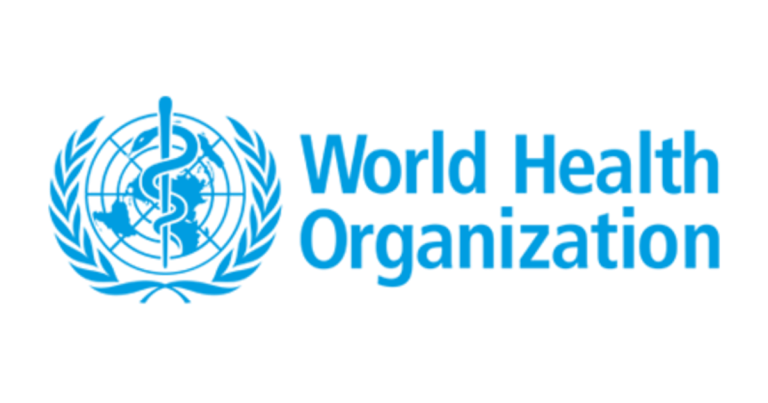The World Health Organization (WHO) commemorated World Health Day on April 7 with a renewed call to action to address the high rates of maternal and neonatal mortality in Nigeria.
WHO Country Representative, Dr Walter Kazadi Mulombo, emphasized the need for collective efforts to reduce these numbers and ensure a healthier future for Nigerian communities.
He said, “Nigeria’s maternal and neonatal mortality rates remain alarmingly high, with previous surveys indicating a pressing need for improvement.
“The country faces significant healthcare challenges, including inadequate healthcare infrastructure, insufficient healthcare workers, and limited access to quality healthcare services.”
Mulombo also disclosed that the WHO has launched the MAMI initiative (Initiative to Accelerate Reduction in Mortality of Mothers and Newborns) in collaboration with the Federal government and partners to accelerate reduction in maternal and neonatal mortality.
“The WHO is committed to working with the government to improve guidelines, strategies, and healthcare worker capacity to respond to the needs of Nigerian communities,” he said.
Mulombo emphasised the need for collective action and a sense of urgency to address these healthcare challenges and achieve the goal of reducing maternal and neonatal mortality by 2030.
“The WHO is engaging with the government, civil society organizations, and communities to ensure a coordinated response to these healthcare challenges,” he said.
Also, the Director of Planning, Research and Statistics, highlighted the importance of “healthy beginnings” for women and children, ensuring they have access to quality healthcare services, including antenatal care, skilled birth attendants and family planning.
Shoretire also reiterated that the government launched the Nigerian Health Sector Renewal Investment Initiative, built on four pillars: effective governance, improving population health outcomes through efficient service delivery, unlocking healthcare value chains to promote local production of medical supplies, and health security, including responding to outbreaks and pandemic threats.
“Nigeria still faces significant healthcare challenges, including a high maternal mortality ratio. However, the government has increased budgetary allocations for healthcare over the past three years and is working to improve primary healthcare through local government autonomy,” he said.
Shoretire also said there is the need for continued investment in healthcare to ensure a healthier future for Nigerians.
“The government and partners aim to work together to address healthcare challenges and achieve the goal of reducing maternal and neonatal mortality.
“By prioritising healthcare, Nigeria can build a successful and happy family, leading to a progressive nation,” he said.
